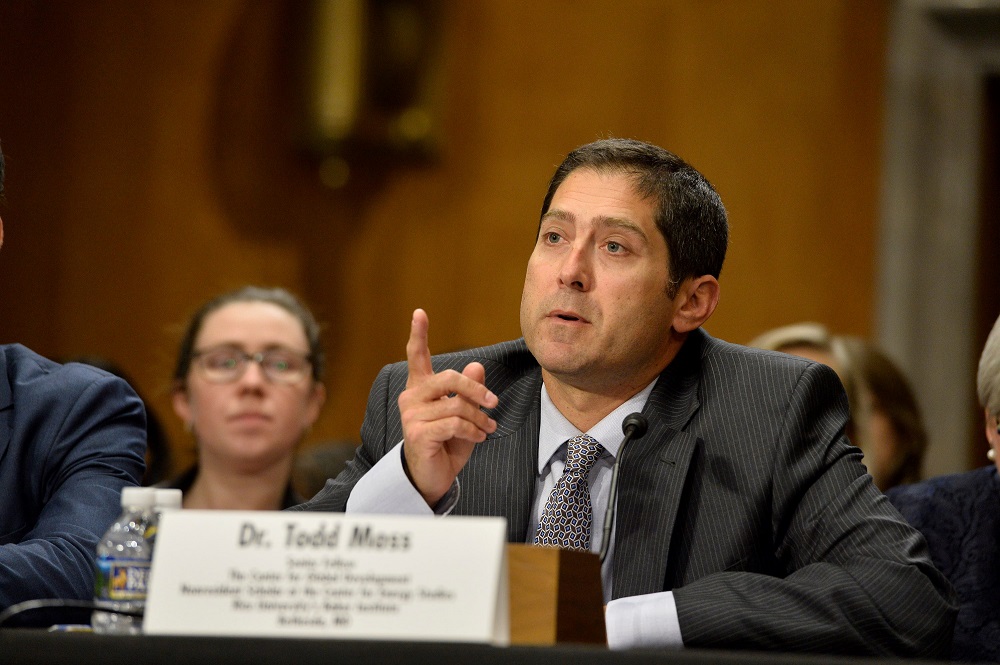In late 2014, Congress appropriated $5.4 billion in emergency funding for Ebola preparedness and response. As part of the appropriations act, the General Accounting Office (GAO) was tasked with conducting “oversight of USAID and Department of State activities to prevent, prepare for, and respond to the Ebola outbreak and reimbursements made pursuant to specific provisions.”
This week, the GAO report was released. The headline? Not that Ebola transmission was ended and that small-scale outbreaks are now quickly controlled, thanks in part to the US response. Nor that these efforts have averted counterfactual scenarios that predicted upwards of 500,000 infections and huge economic costs for the poorest countries in the world. But instead: “some USAID reimbursements did not comply with legislative requirements.”
Having tried and mostly failed to track what was going on with US Government performance and spending on Ebola (see here), I welcome the GAO’s overview of obligations and disbursements by appropriation account and strategy pillar—it’s the first time I’ve seen such clarity, it certainly wasn’t well described in the reporting to Congress from the agencies themselves.
Now the scope of this report appears to be narrow, so let’s hope there’s more to come. Because while compliance with the letter of the law is undeniably important, a performance audit should go beyond the money to look at what actually happened; what organizations, activities and products were funded; what were the results on the outcomes that matter—Ebola transmission, rapid control of Ebola outbreaks; whether second-order economic impacts were mitigated; and how outbreak preparedness has evolved over time. Ideally, using objective and independently verifiable measures.
Even when it comes to spending data related to the crisis, the bigger headline in my view is the failure to spend down the appropriated funds. In response to a public health emergency that started in mid-2014, as of September 2016, the USG had only disbursed one-third of available funding! So what happened? Was the funding request wildly unrealistic? Were existing obligation procedures so onerous that it was impossible to respond as quickly as the situation demanded? USAID has already agreed to reverse select reimbursements and pledged to “amplify” existing guidance related to reimbursement processes, based on GAO’s findings. Next up, GAO should encourage the agency to publish detailed analysis of the reasons behind sluggish obligations and disbursements, giving us not only a better understanding of the US response to Ebola but helping inform our preparedness for and response to future health security crises.
CGD blog posts reflect the views of the authors, drawing on prior research and experience in their areas of expertise.
CGD is a nonpartisan, independent organization and does not take institutional positions.




